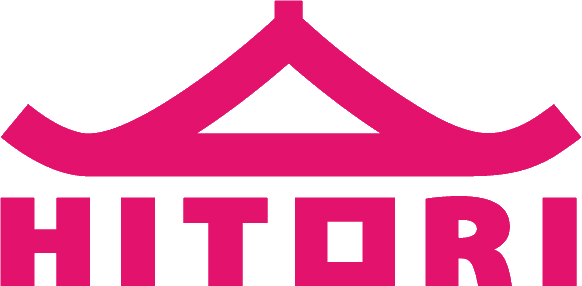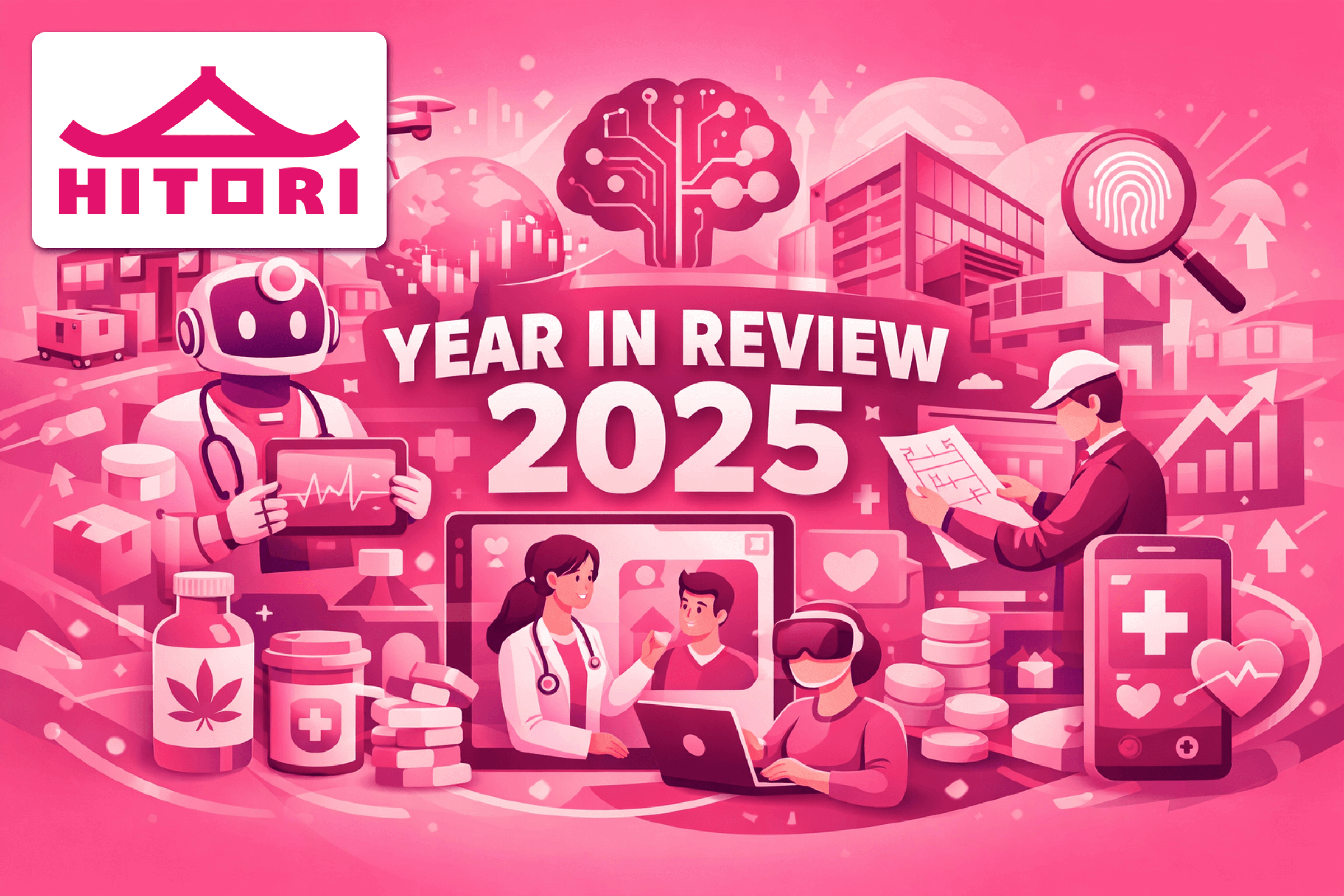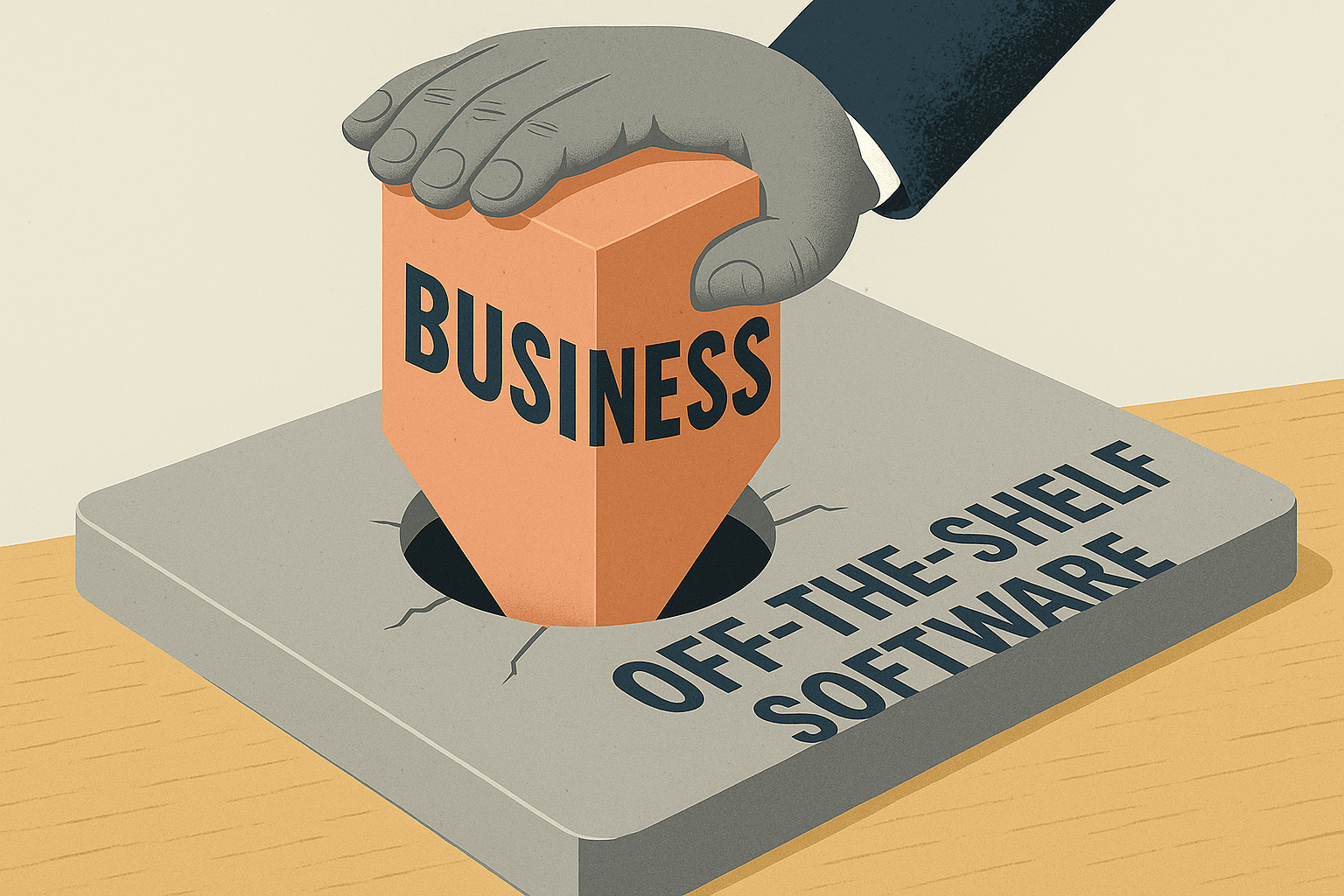Pathways into the Digital Sector: A Guide for Aspiring Tech Professionals
The digital sector is booming, and with it comes a plethora of exciting tech career opportunities.
Whether you’re a seasoned professional looking for a career change or a recent graduate eager to break into the tech industry, this guide will help you navigate your path to success.
Understanding the Digital Landscape
The digital sector encompasses a wide range of roles, from software development and web design to data analysis and digital marketing. To find your niche, it’s essential to understand the key areas:
- Software Development: Build applications and software using various programming languages.
- Web Development: Create and maintain websites, focusing on both front-end (design and user experience) and back-end (server-side logic) development.
- Data Science and Analysis: Extract insights from data using statistical and machine learning techniques.
- Digital Marketing: Promote products or services online through various channels like SEO, social media, and content marketing.
- UI/UX Design: Create user-friendly interfaces that enhance the user experience.
- Cybersecurity: Protect digital assets and data from cyber threats.

Educational Pathways
While a university degree is often the normal path to entry, there are multiple paths to enter the digital sector:
- Computer Science or Related Degrees: A Bachelor’s degree in Computer Science, Software Engineering, or a related field provides a strong foundation.
- Coding Bootcamps: Intensive programs that offer practical skills and project experience in a shorter time frame.
- Online Courses and Certifications: Platforms like Coursera, edX, and Udemy offer a wide range of courses to learn programming languages, design principles, and other digital skills.
- Self-Learning: Many individuals have successfully learned programming and other digital skills through self-study and online resources.
Building Your Skills and Portfolio
- Hands-on Projects: Develop personal projects to showcase your skills and gain practical experience.
- Open-Source Contributions: Contribute to open-source projects to collaborate with other developers and learn from experienced professionals.
- Online Portfolios: Create a digital portfolio to showcase your work and attract potential employers.
- Certifications: Consider obtaining industry certifications like CompTIA A+, Certified Ethical Hacker (CEH), or Certified Scrum Master (CSM).
Networking and Building Relationships
Networking is crucial in the digital sector. Surround yourself with other tech professionals by attending events, joining online communities, and forging strong relationships. This can lead to valuable opportunities and mentorship.
Finding the Right Role
Once you have a solid understanding of the digital landscape and have built your skills, it’s time to start your job search. Consider factors like company culture, team dynamics, and career growth opportunities. Remember, the digital sector is constantly evolving. Stay curious, keep learning, and adapt to new technologies and trends to ensure a successful and fulfilling career.
Keep an eye on our socials for upcoming posts where we share how the Hitori Team started their careers in the tech industry!




